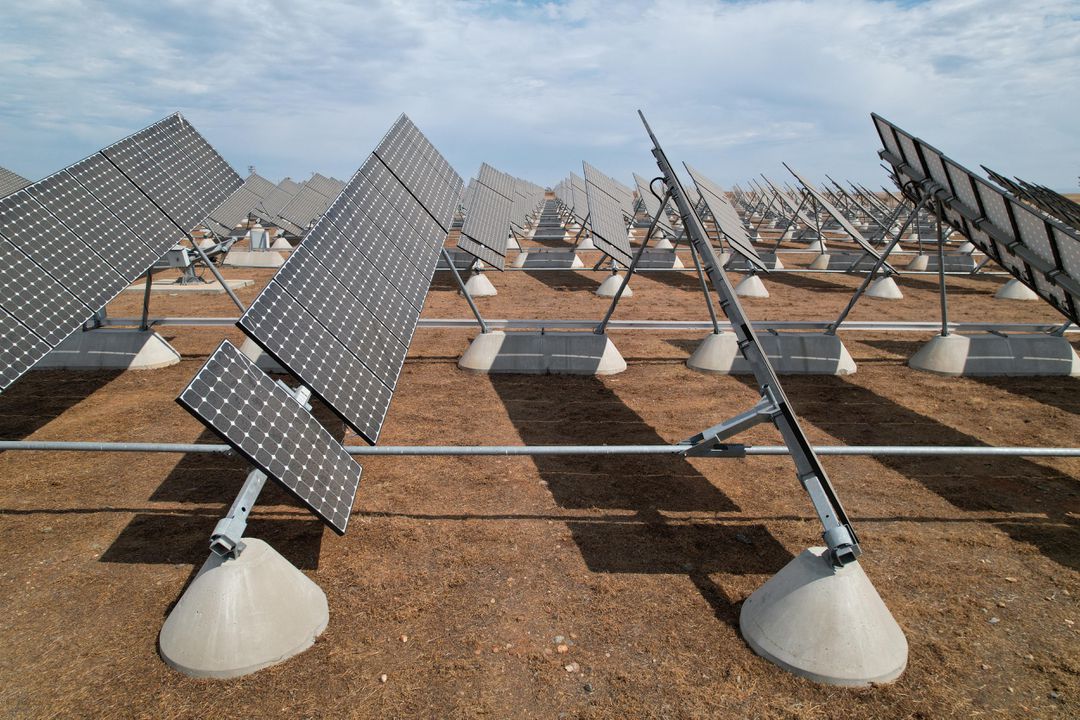A proposal to tax the ‘windfall’ profits of producers and suppliers of renewables-generated electricity ran into stiff opposition from industry but also the government during a parliamentary debate on Monday.
Under the legislative proposal, drafted by Akel, RES producers and suppliers would get taxed on their ‘windfall profits’ – or ‘super profits’ as the wording in the Greek text goes.
It employs a formula to calculate and then levy a small tax on these profits, apparently on a staggered basis.
Akel leader Stefanos Stefanou said the party had to come up with a bill of its own, because previously the government itself had drafted similar legislation but then dropped it – the attorney-general’s office advised that the legislation ran contrary to the EU acquis.
Stefanou said this was not so – he read out a response provided to a Cypriot MEP by Dan Jorgensen, the European Commissioner for Energy.
In his response, dated February 21, Jorgensen stated that whenever windfall profits occur, EU member states may institute tax measures to deal with them.
Weighing in, Commissioner for State Aid Control Stella Michaelidou said the European Commission leaves it to member states to decide how they distribute the tax burden.
But she cautioned that any such measure must be fair and non-discriminatory, otherwise it would run into legal trouble.
Akel’s proposal provides for two different categories of suppliers and producers of renewables energy subject to a tax on profits. The first category includes those companies that have entered into bilateral contracts, the second are companies contracted with the Electricity Authority of Cyprus (EAC).
“We don’t consider that this tax on super-profits will solve the issue with energy prices. Unless and until we have natural gas – and the energy minister here today put that back to 2027 – prices will continue to remain high,” Stefanou went on.
However, the tax revenues would be used to offset some of the burden on vulnerable groups.
To illustrate, the Akel MP said the government could stop imposing sales tax (VAT) on fuel. This would result in a loss of tax revenue of €50 million to €60 million a year – corresponding approximately to the revenues raised by Akel’s proposal.
But the idea got considerable pushback from the government side. In parliament, the finance ministry said it does not favour a tax on renewables producers and suppliers at this time, as government policy is centred on promoting RES and the ‘green transition’.
For its part, the energy ministry deferred to the finance ministry.
Officials from the tax department, the Audit Office and the energy regulator took no position, saying the matter is a political one.
An official for the Distribution System Operator noted a risk lurking should the Akel proposal apply only to renewables projects included in schemes promulgated by the energy ministry – where the companies are guaranteed 11 cents per kilowatt-hour, the so-called ‘avoidance cost’.
According to the rep, those participating in these schemes could break their contracts and come out on the free market, which is not regulated, and then sell electricity at higher rates.
The Scientific and Technical Chamber opined that windfall profits in Cyprus is a “systemic” issue and that quick fixes – such as that being discussed – do not address the root problem.
The Chamber of Commerce Industry stressed the importance of “stability and predictability” in the business space – imposing a post-hoc tax would undermine this.
And the Association of Renewable Energy Enterprises (Seapek) sought to dispel the notion that its members make excessive profits.
Likewise the Electricity Market Association called it “misleading” that the cost for solar parks is supposedly only 5 cents per kilowatt-hour. In reality, their costs range anywhere from 11 to 12 cents, while the companies sell for 17 cents.






Click here to change your cookie preferences